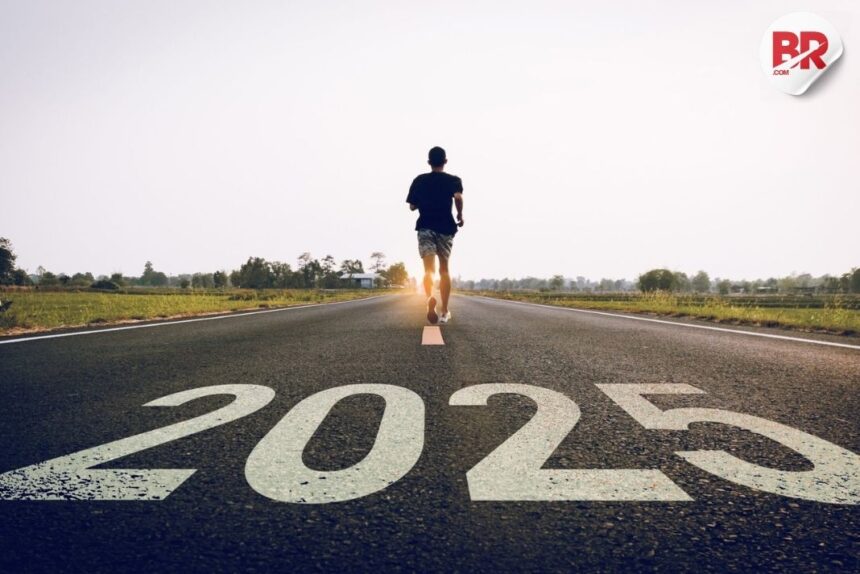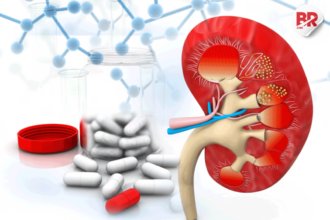
Mark your calendars—June 5 is Global Running Day 2025. People around the world will be tying their laces and hitting the road. But this year’s theme isn’t just about speed or distance. It’s about the brain.
Running does more than tone your legs or trim your waist. It literally rewires your brain. And the science is stacking up.

Why Running Is Like Therapy—But Free
Let’s break it down. Running increases blood flow to your brain. It releases endorphins—your body’s natural mood boosters. It even boosts BDNF, a protein that helps brain cells grow. This means running can:
- Improve memory
- Reduce anxiety and depression
- Sharpen focus
- Support long-term brain health
And if you’ve ever had your best ideas mid-run? That’s no accident. Running triggers neuroplasticity—your brain’s way of growing new connections. It’s like a software update for your mind.
Think of it this way: you run, your brain thanks you with clarity and calm.
What This Means for You
You don’t need to be a marathoner. If you can move, you can run. Even short jogs offer big mental benefits. Running is one of the few exercises proven to improve both your heart and head at once.
In a world glued to screens and drained by burnout, that’s no small thing.
Plus, Global Running Day 2025 is all about community. You’re not running alone—you’re joining a global tribe of people reclaiming their health one step at a time.
Also Read The Future of Healthcare: Will AI Cure All Diseases? DeepMind’s Surprising Take
How to Join Global Running Day 2025
Getting involved is easy:
Make the Pledge
Visit GlobalRunningDay.org to sign up. Pick any distance, anywhere.
Join a Local Run
Check for events near you—many are free and beginner-friendly.
Go Solo, Still Count
Prefer running alone? That’s cool. Track your run and share it using #GlobalRunningDay2025 and #RunForYourHealth.
Tell a Friend
Running is contagious. Invite someone and make it a challenge.
Final Lap
This isn’t just a trend—it’s a shift. A way to take control of your mental and physical health in one motion.
So run, not because you “should,” but because your brain actually needs it.
And who knows? The person you become on the trail might just be the best version of you.
Also Read Your Stress is More Dangerous Than You Think—New Study Reveals Fatal Connection!












